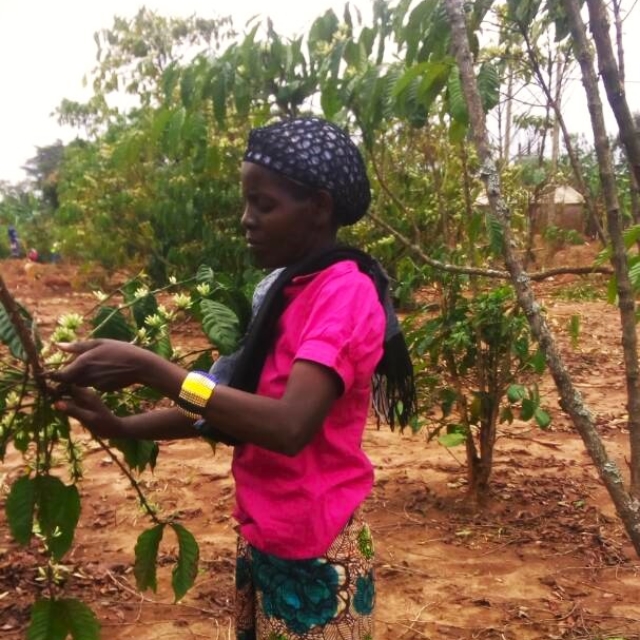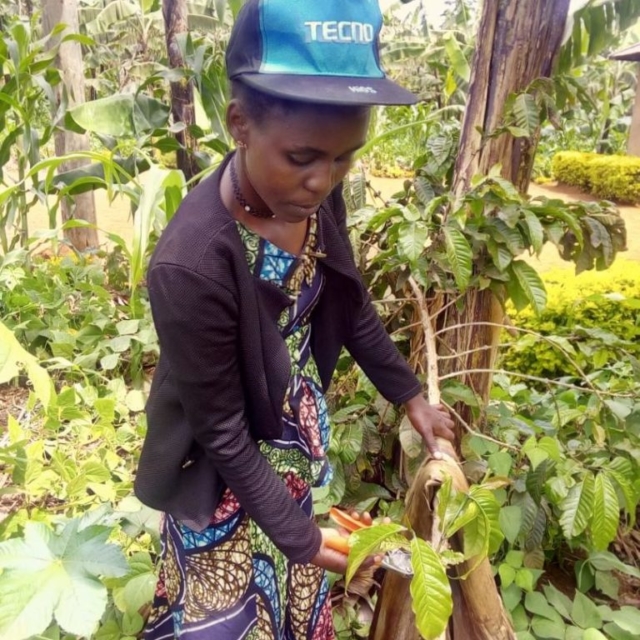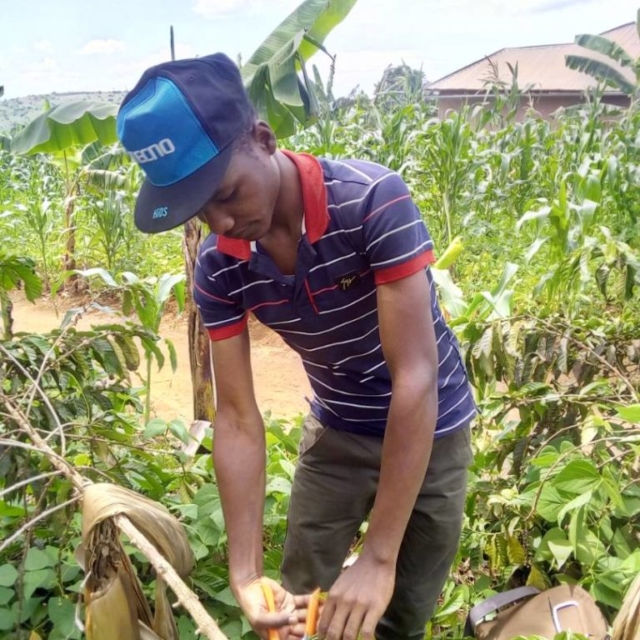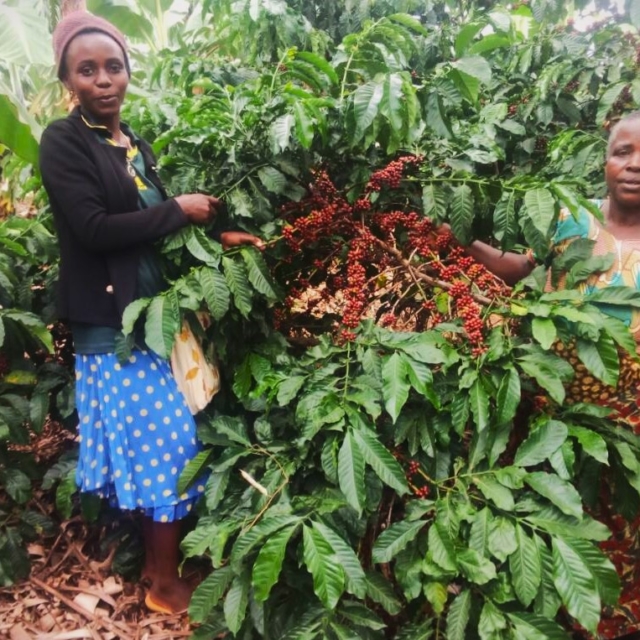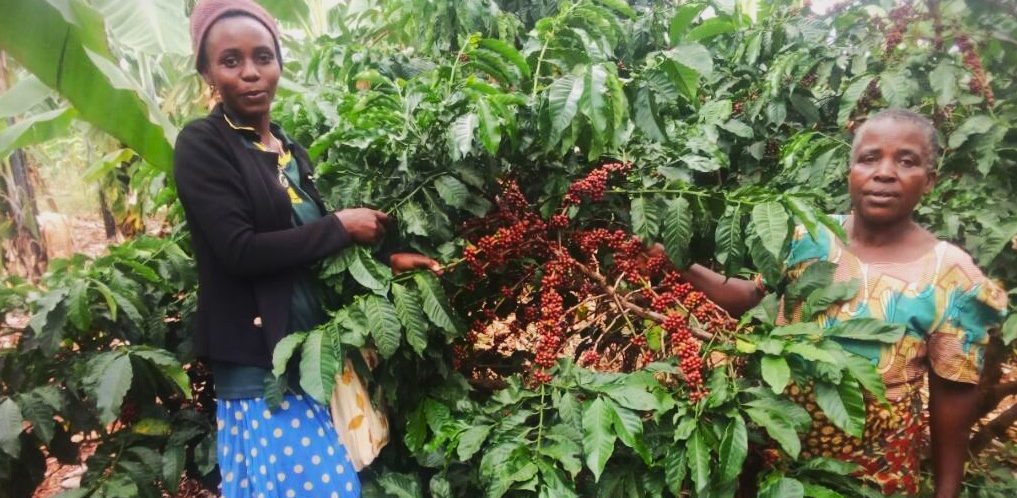
IVS Kagera Coffee Project (IVS)
GOAL
To increase access to productive inputs, knowledge of good agronomic practices, markets and finance; and to strengthen grower groups to operate more efficiently and become active participants in the Robusta coffee value chain.
LOCATION
Karagwe, Kyerwa, Muleba Districts in Kagera Region, Tanzania
DURATION-
2016
-
2018
FARMERS
1,800
VALUE CHAINS
Coffee, Green Gram, Pigeon Pea
PARTNERS
ETC Group (ETG), Bill & Melinda Gates Foundation, DEG (German Investment & Development Corporation), Café Africa
FUNDING
USD 30000
IVS Kagera Coffee Project (IVS)
The IVS Kagera Coffee Project, was developed through a grant from the Coffee Partnership Tanzania Innovation Voucher Scheme, funded by the Bill and Melinda Gates Foundation and managed by DEG, a German development organisation. The overall aim of the intervention was to improve livelihoods by increasing the net-income of smallholder coffee farmers across Tanzania, largely by doubling their yields. EFF was awarded the grant to support Robusta coffee farmers specifically in three districts in northern Tanzania, namely Karagwe, Kyerwa, Muleba Districts in Kagera Region.
The project addressed the challenges faced by smallholders cultivating old and poor yielding coffee trees, exacerbated by unpredictable weather conditions. In total, 1,800 farmers were impacted by reviving smallholder coffee plantations, and by introducing pulses as an alternative income source and for soil enhancements. EFF's young and dynamic field extension staff played a pivotal role in training farmers using modules from the National Sustainability Curriculum for coffee, developed by the Tanzania Coffee Boad and coffee stakeholders in Tanzania. EFF facilitated the access to high quality pulses seeds and free coffee seedlings from the Selian and TaCRI Agricultural Research Institutes respectively, and set up demonstration plots for coffee, green gram, and pigeon pea, that were managed by the groups themselves. Furthermore, one of the groups established a commercial coffee nursery to ensure regular access to affordable coffee seedlings.
The project has demonstrated that by equipping farmers with knowledge and skills and by strengthening their grower groups, they can optimise their yields in a sustainable manner and increase household income.

